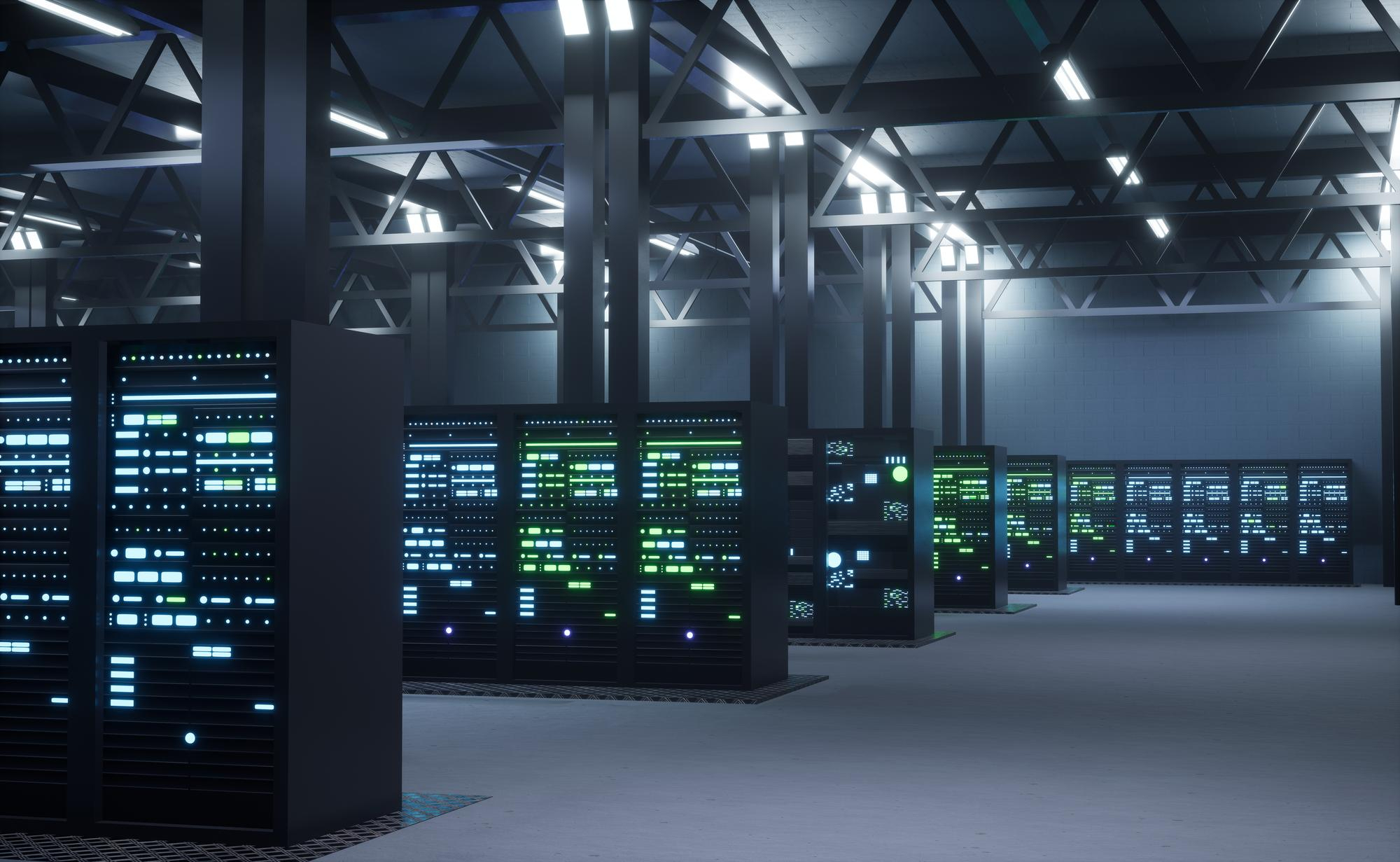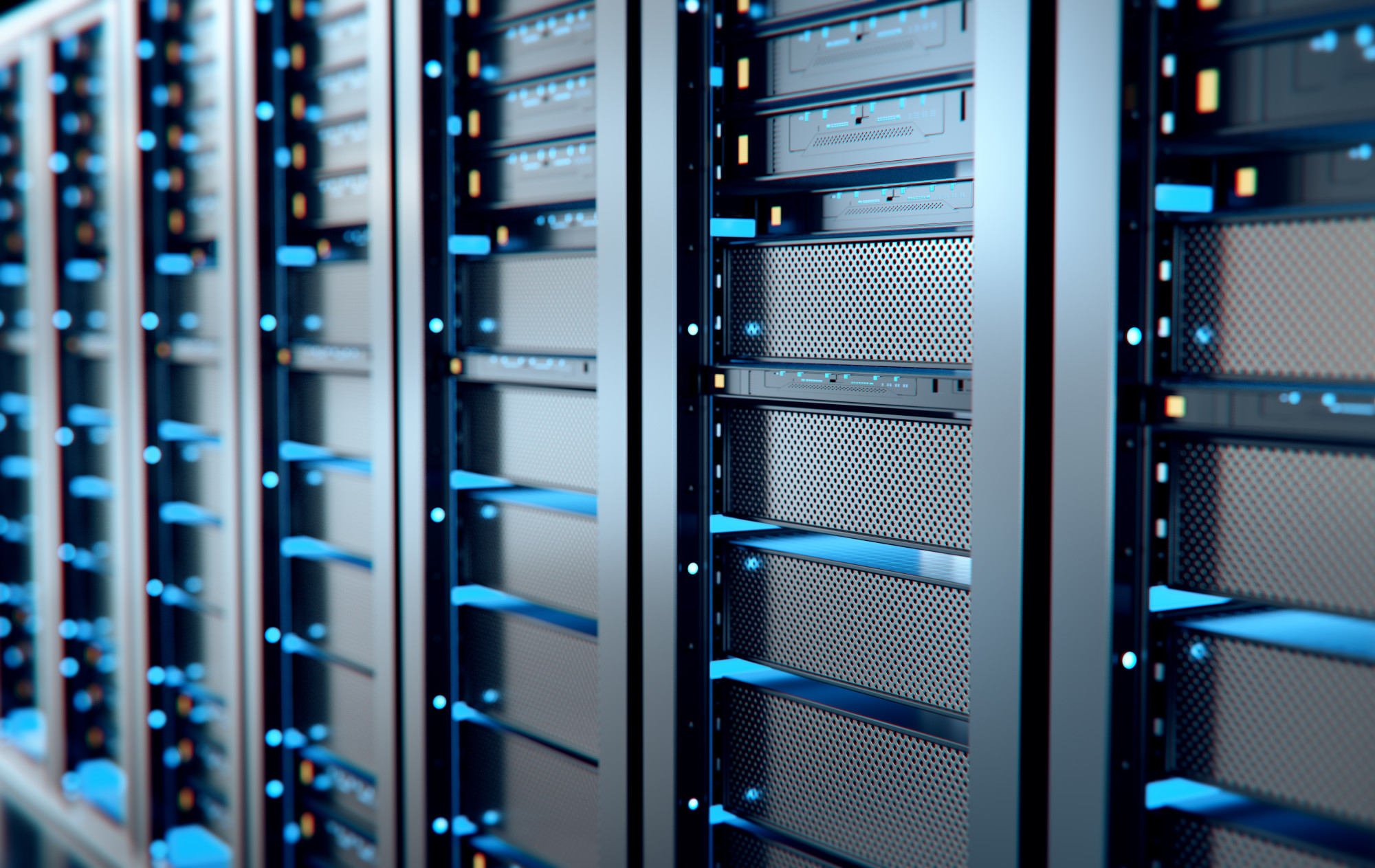
In the fast-paced world of online business, your website’s performance can be the difference between a customer making a purchase or bouncing to a competitor. This is where a low-cost dedicated server comes into play – powerful, flexible, and wholly yours. Moreover, how do you know if the ‘low-cost’ tag is synonymous with quality? We’ll answer these questions, debunk some myths, and guide you toward the dedicated server that aligns with your needs and budget.
What Exactly is a “Low-Cost” Dedicated Server?

When we talk about ‘low-cost’ in the realm of dedicated servers, we’re comparing it to higher-end options rather than to shared or virtual private servers (VPS). Low-cost dedicated servers still deliver the benefits of raw hardware performance, which includes processor power, RAM, and storage, without the high price tag.
Can a Low-Cost Dedicated Server Handle My Business’s Traffic?

Basically, the capability of a low-cost dedicated server depends on what’s considered ‘low-cost’ and the specifics of your business. For a small business or startup with moderate traffic, an entry-level dedicated server might suffice. Moreover, it’s crucial to analyze your current and projected traffic to ensure you select a server that can handle your workload without breaking the bank.
How Important is Server Location for Small Businesses?

Server location plays a significant role in website performance, especially for local businesses or those with a geographically specific audience. The closer your server is to your target market, the faster your site will load for your customers. Consequently, this can contribute to a better user experience and improved SEO, particularly for local search rankings.
What are the Major Differences Between Low-Cost and High-End Dedicated Servers?

The main differences lie in the components and additional services provided. High-end servers generally offer top-of-the-line CPUs, larger amounts of RAM, and faster storage solutions. Also, they may come with premium support, advanced security measures, and managed services. Low-cost dedicated servers often require more hands-on management.
What Are the Must-Have Features for My Business Server?

When selecting a dedicated server, prioritize features based on your business needs. If you run a content-heavy or e-commerce site, prioritize faster storage drives like SSDs. For security, look for servers with DDoS protection and regular backups. If you’re not tech-savvy, managed hosting can save you time and frustration.
Dynamic Hosting provides businesses with secure and dependable dedicated hosting solutions. Plus, it ensures the necessary support and resources for their success. This allows companies to confidently manage their data, knowing it’s secure and always accessible, freeing them to concentrate on expanding their business.
Recent Comments